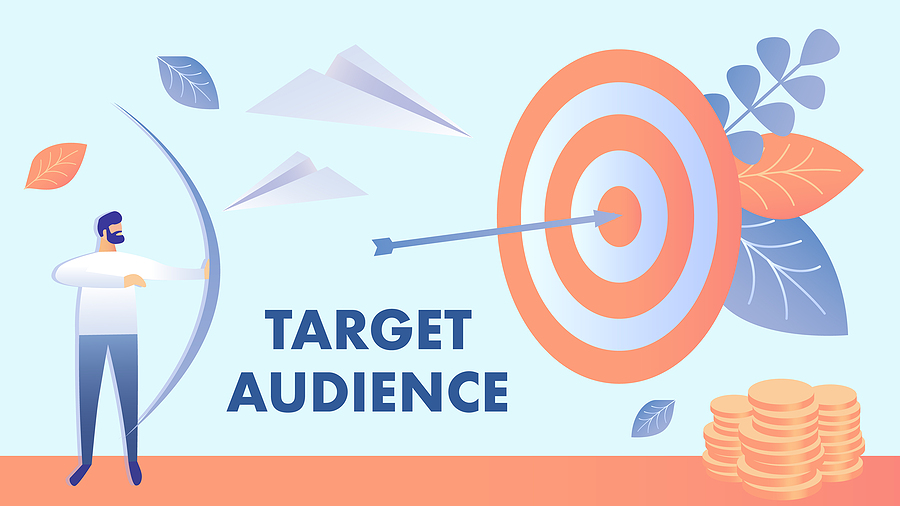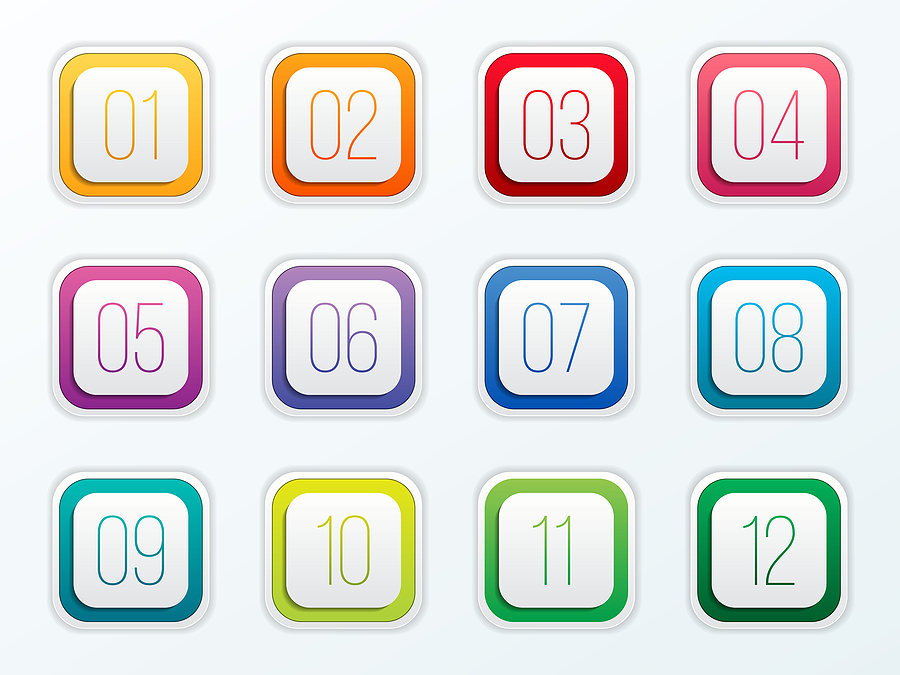My office receives thousands of submissions a year. We’re thrilled to see proposals so well crafted that they’re ready to submit to publishers. Those submissions are few. Most contain mistakes. We don’t want you to feel stymied, as though agents are looking for reasons to reject proposals and will pounce on any infraction. Rather, let’s consider what my office may be able to overlook when the manuscript and author are otherwise so spectacular that we feel compelled to offer representation:
Uncertainty about my name. My office receives submissions for Mrs. Hancock all the time. I know my name is complex, but it does appear all over the Internet. Authors who botch my name will still be considered but have placed an unnecessary hurdle for themselves before the opening paragraph.
“Agent” as a salutation. Authors who are afraid of misspelling my name may opt for a general address. While that choice may seem safe, the result feels impersonal. We suspect this author may be sending a letter with this greeting to a hundred other agents. We may be coldhearted, but we want to feel special. Don’t you want your agent to be special?
One or two typos. With many free computer programs offering help to writers who snuck out of high-school grammar classes to smoke cigarettes in the locker room, the agent shouldn’t see any typos or grammar errors. We know the limitations of even the most-expensive grammar programs, so we can overlook one or two blunders. However, we prefer that authors use care before submitting. After all, can we trust authors who are negligent in initial correspondence to pay close attention when writing to our editor friends later?
Flattery that’s just plain wrong. When we see something like “Because of your long track record and great success with sports novels and memoirs, …” we believe that the author has cut and pasted the same letter to a hundred agents using a general, unedited list. Flattery won’t garner an offer of representation, but nonsensical flattery will earn an author a quick no.
People in our industry generate and respond to countless pieces of correspondence every day, so mistakes are inevitable. We don’t mind granting the same mercy we’d want others to give us. And, again, we don’t want you so paralyzed by fear that you never send us your submission. Just be cautious as you would with any essential correspondence, and all will be well.











